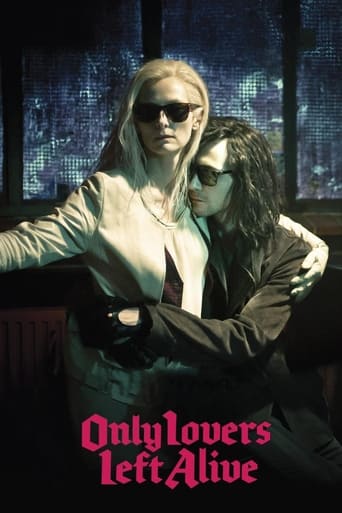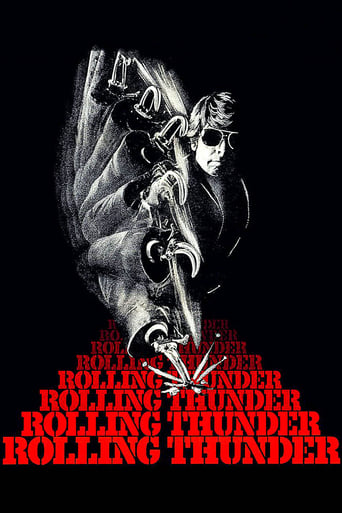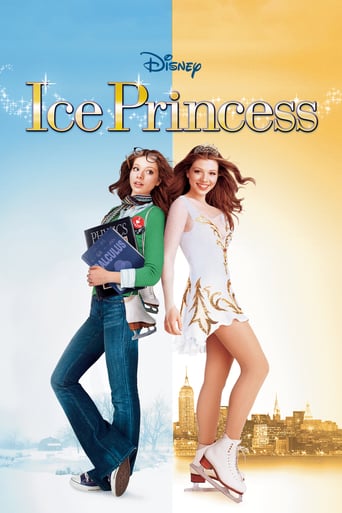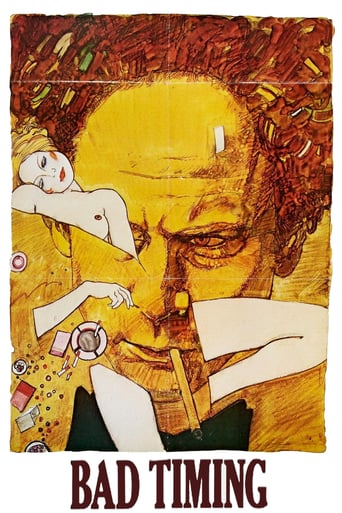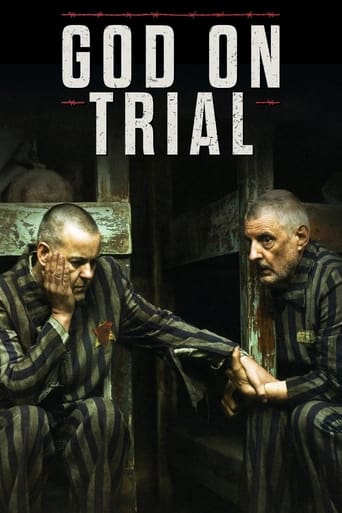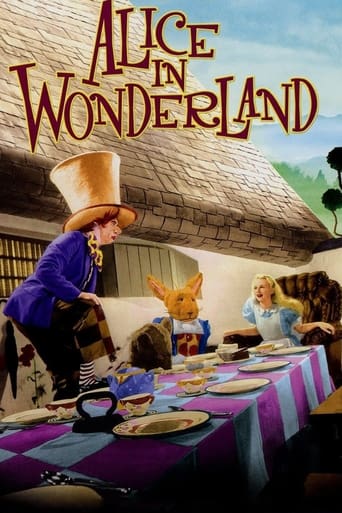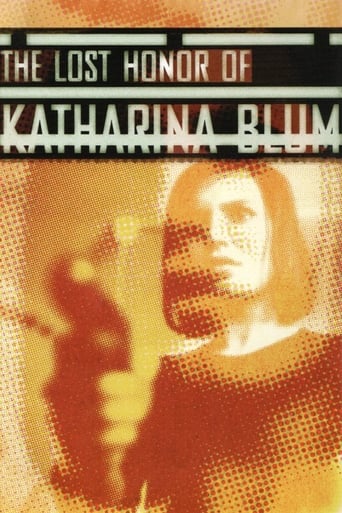


The Lost Honor of Katharina Blum
After a chance encounter with a wanted man, a woman is harassed by the police and press until she takes violent action.
-
- Cast:
- Angela Winkler , Mario Adorf , Dieter Laser , Jürgen Prochnow , Heinz Bennent , Hannelore Hoger , Rolf Becker


Similar titles

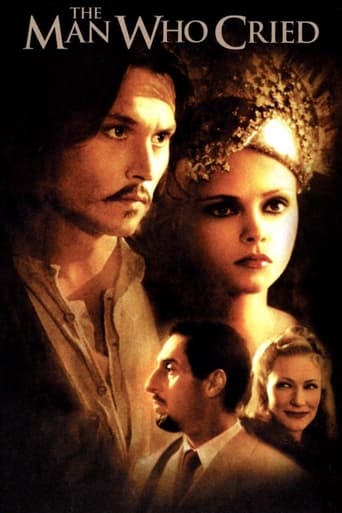
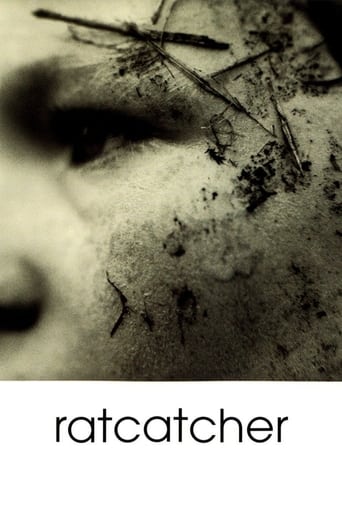

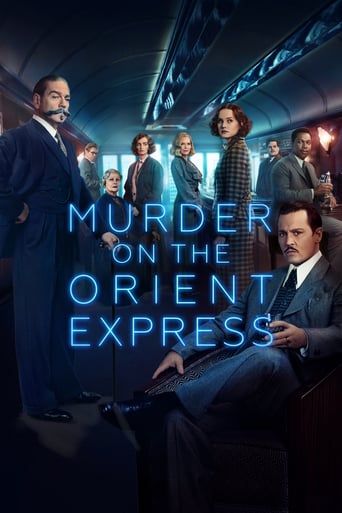
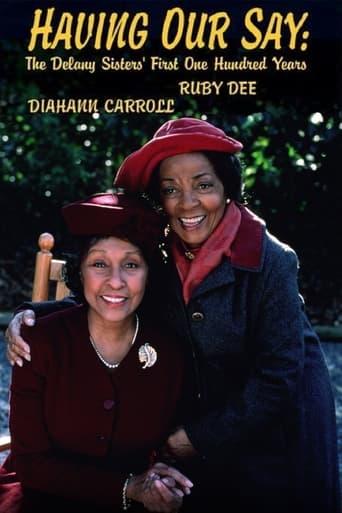

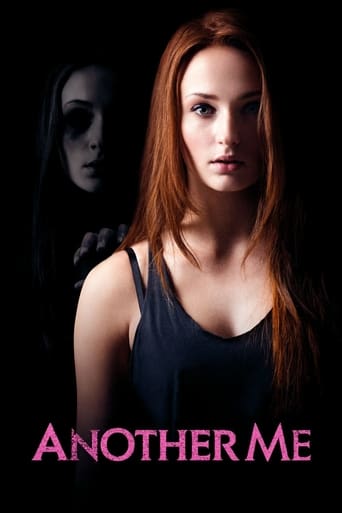
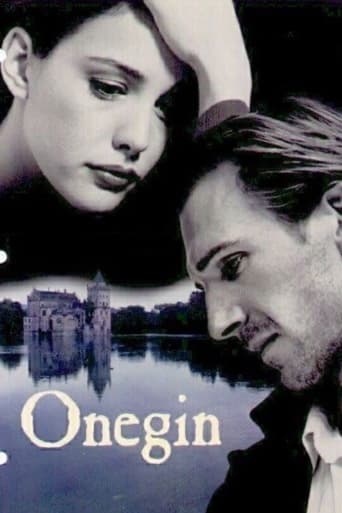
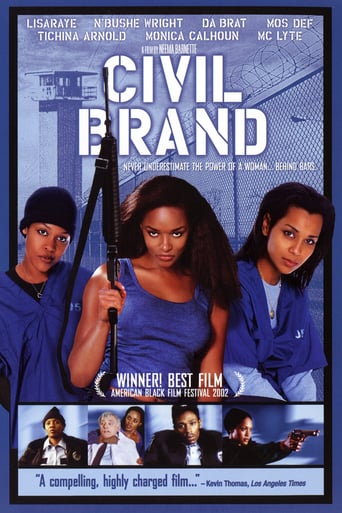
Reviews
I'll tell you why so serious
The story-telling is good with flashbacks.The film is both funny and heartbreaking. You smile in a scene and get a soulcrushing revelation in the next.
Blistering performances.
This movie feels like it was made purely to piss off people who want good shows
Husband-and-wife team Schlöndorff (his sixth feature) and von Trotta (her first feature) bring Heinrich Böll's sensational novel to the big screen, THE LOST HONOR OF KATHARINA BLUM is everything one may imagine from a political reportage made in West Germany during the 70s: following the guidance of a forensic eye, a steely heroine (masked by her innocent or accomplice opaqueness and her political slant) comes under harsh interrogation by the sloppy police force, who majestically fails to seize their suspect in the first place; unscrupulous reporters harass those related or involved like a callous fly, cook up stories to manipulate the reaction from the populace, thus to ensure that more papers are sold; more private matters will surface, some big name is enmeshed, some insider deal needs to be organised, whilst, Katharine Blum (Wrinkler), our protagonist, retreats to be a cog in the machine.But, at the end of the day, what happens is simply a love-at-first-sight romance between two strangers, although it doesn't sound so credible in the soil of German, but there is absolutely no political agenda involved, the only bug is, the target Ludwig (Prochnow) is a wanted anarchist, and in this case, the subsequent occurrence will destroy Katharina's tranquil life, eventually turns her into an avenging angel with blood in her hands, but at that point, we will emotionally stand by her as her vindictive resolution engages as the only satisfactory compensation (not just for her, but for viewers too) against a grim, unfair and repressive society where morality and humanity have lost their grounds to political alienation and media obsession.Both law enforcement and paper media, and their symbiosis are under scrutiny, although the ignoble journalist Werner Tötges (Laser) takes the brunt of reproach here, but the scene where he visits Katharina's dying mother in the hospital inconveniently imposes as a stretch of its own manipulative story-telling from the director-duo (since he has no qualms about publishing a truth- twisted report, there is really no need for him to torture a dying woman like that, the purpose of that scene is too obvious); Inspector Beizmenne (Adorf) and DA (Becker) aren't exactly chummy characters to hang out with, they represent a different sort of violence and cruelty, which viciously menaces to strip Katharina of her privacy using their black-face/white-face strategy, whenever they find something needs an explanation, whether or not it is relevant to Ludwig, whom she knows only for one night. A third party to be condemned (if only in a minor gesture) is Katharina's employer, the middle-class lawyer Hubert (Bennent), Katharina works for him as a housekeeper, and one of his client, the "mysterious gentleman" Alois (Vosgerau), whom Katharina has been seeing over several years but refuses to reveal to the police under any kind of questioning. They have self-serving reasons to play safe in the game which are understandable, it is their brazen desperation and self-obsessed consideration that is too sickening to stomach.The film refrains from being a more captivating thriller with its sparing usage of action pieces, the big arrest in the end hasn't been portrayed directly, so as to leave all the leverage to Katharina's final revenge scene, which doesn't disappoint, and Angela Winkler proves that she is such a powerhouse of stamina despite of her vulnerable first impression, gradually she grows on you with her slow disintegration during all the grilling and slander from media and public, but she never loses her core of strength, an excellent exemplar of a slow-burner in the German acting school.The epilogue scenes are another slap-in-the-face of the hypocrisy of the modern journalism, as clear as day, Tötges is killed not because he is a journalist, but an unethical bastard. Unnervingly, one has no trouble tracing the film's continuing relevance in today's world, which in fact, gives its sustaining life force of this 40-year-old curio.
The work of V. Schlöndorff and M. von Trotta deserves high praises, especially because of their ability to overcome the certain difficulties confronted whilst adapting a work of literature into a cinematic piece, or: from one branch of art (in)to another. To give a small example, Heinrich Böll's book adopts a first-person-plural-view/narration whereas the film refrains from this approach; the essence of a documentary such an approach provides, however, can be grasped instantaneously in the film, too. Being successful on most aspects, The Lost Honour of Katharina Blum suffers from its shortness. 106 mins. have been cleverly used by the directors, mostly by delivering the spectators what ought to be delivered essentially, but they fail in providing the links and some necessary depths to the characters and/or relations. An additional 15 minutes could have helped the directors to grave both their and the film's name deeper and in larger fonts. I, for one, found the most fascinating part of the film to be shot in 1975: a year in which Ulrike M. Meinhof, Andreas Baader, Gudrun Ensslin, and Jan-Carl Raspe still lives; Holger Meins recently died of hunger(!); the West Germany is yet to experience what they term as The German Autumn by the 2nd generation RAF; the 1st gen. RAF members (leading members above) have not been tried yet by the time the book was published (maybe even by the time the film screened); the West Germany Police getting increasingly armed and offensive, and so on. Among all these, we witness the "system" founding and feeding itself -- as a matter of fact, nothing but its own self. The police, the officials, still prevalent pro-Nazism, and still-in-power former Nazis, the media, the social status, abuse, and oppression of the women... With the system ruling, firmly administering, and when necessary, fabricating all these tools, factors, manipulating the people, the viewer gains an insight into the closed loop that the person is trapped in. Seemingly, there is not a(n easy) way out; the ones leading to a hazy light turn out to be dead-ends. And here, the viewer begins to understand what the title really means, and how subtly it is the (condensed) narrative (of) itself. These elements, pertaining to a "tightly-screwed" state system, all exist in the film but require a keen eye to catch them, let alone pondering on, given the length of the film. Despite its shortness, I believe that the adequate use of dialogues (even though sometimes they sound like irrelevant) and inconstant voices of characters, minute attention to decorations every here and there, Angela Winkler close-ups and her mimics, ... will convince the spectators that the directors pulled a good job, having come up with a worthy work.
In the early 1970s, West Germany was having quite a problem with what was known as the Baader-Meinhof terrorist gang. Author Heinrich Böll wrote an article criticizing what he saw as the German tabloid Bild-Zeitung's fear-mongering tactics in their reporting of the activities of the Baader-Meinhof gang. Subsequently, Böll was called a terrorist sympathizer, and the police began checking him out as if he were a criminal. This provoked Böll into writing a novel, also called The Lost Honor of Katharina Blum, which was to serve as a parable for the consequences of "yellow journalism" and fascist-leaning police actions. The subtitle of the book was the over-ambitious "How violence can arise and what it can lead to".Filmmakers Volker Schlöndorff and Margarethe von Trotta knew and empathized with Böll so they began to put the film into production immediately. I haven't read the novel, so I can't compare the two, but unfortunately the film, at least based on the English language translation, comes nowhere near its goals in terms of political or social commentary.Here's how the story begins per what we actually see on the screen: a man--he turns out to be Ludwig Götten (Jürgen Prochnow)--who is behaving mysteriously/covertly finds his way to a party. At the party, he hooks up with a swinging trio consisting of an apparent Arab and two women. They then head to another party, where Götten runs into Katharina Blum (Angela Winkler). They stare at each other oddly and dance slowly. The Arab heads off to the bathroom, reports to whoever is listening on the other side of his wire that Götten and Blum are together, and we see Götten and Blum subjected to surveillance as they leave together to go to her apartment. In the morning (I'm not sure why they'd wait until morning), police, including armed men in something like riot gear, storm into Blum's apartment, planning on absconding Götten. But Götten is gone. So they take Blum in for questioning. It seems that Götten is a suspected terrorist and they want to know what Blum's relationship is to him. Blum ends up briefly imprisoned.At the same time, a local tabloid paper, simply called "The Paper" in the English-language subtitles, at least, begins printing trumped up stories about Blum, occasionally even completely fabricating quotes from interviewees. As in the novel, the gist of the film is supposed to be that the treatment from the police and the newspaper are "ruining Blum's life".It's certainly true that the police and the journalists shown in the film get a bit out of line. However, their transgressions are relatively minor, especially compared to other filmic depictions of such things. Blum is never strong-armed by the police, for example. Compared to the real world, there are no molestations with broomstick handles here. The journalists do not do anything unusual for tabloid journalists. I can't remember when it started publishing, but The Weekly World News sure fabricates stories a lot stronger than "The Paper" in Katharina Blum does, and it's not as if The National Enquirer, say, hasn't been successfully sued for slander/libel. On the other hand, The National Enquirer hasn't exactly ruined lives, either. That would be quite an exaggeration.It's not clear why Blum answers the police's line of questioning without objecting more vehemently or alternately refraining from talking and incriminating herself. I'm not sure what Germany's laws are, or were, on that. No one tells us that Blum has to respond to the police in the way that she does, and she certainly doesn't try very hard to do otherwise.If we look at things from the police's perspective for a moment, Götten is supposedly a terrorist. While we're not shown anything confirming this, we're not shown anything denying it, either. We don't know what kind of evidence the police have on Götten. And here is a woman who is apparently helping him out. So, obviously, they're going to question her, and police will ask you all kinds of questions that you don't have to answer. As shown in the film, it is suggested that Blum is actually lying about the extent of her interactions with Götten. If she just met him, many plot points make little sense. Further, Schlöndorff and von Trotta suggest in subtle ways that Blum's circle of acquaintances might not just be ideological leftists. Given all of this, the police aren't really shown doing anything out of line except asking questions that Blum wouldn't have had to answer.The Paper gets more out of line, but we're actually only shown a couple incidents where they change words in someone's statement. The idea is that Blum is being tried and convicted in the tabloid. Yet, "tried and convicted in the press" is hyperbole, certainly. Blum remained free. She wasn't proved guilty of anything. The emotional turmoil she experiences (which leads to a much improved climax) seems more a result of her own odd disposition (and the character is quite odd and somewhat volatile in the film) than blamable on stories in the newspaper. The only person who ruins Blum's life is Blum.If you haven't seen the film yet, it might seem odd that I'm hanging on narrow points so much. You're probably saying, "But what about the plot? Isn't this a good, suspenseful film?" The bulk of the film consists of the police questioning Blum and reporters trying to interview her family, friends and associates (although that takes up a lot less time than the police questioning Blum). This is nothing if not a "talking head" film. It succeeds or not largely based on that talking. There are stretches where the talking is engaging, even if it's not making the point that Schlöndorff and von Trotta want to make. It's a good idea, and could have worked with a better script. But there's not much else to praise, including the technical elements, which are just average.
"The Lost Honor of..." not only tells an interesting story with powerful writing, acting and cinematography, but is also a must see for those disturbed by the powerauthoritarian governments (communist, fascist, and everything in between) possess to exploit individual human rights. I wish we could view this film as a well made relic of the past, but unfortunately its subject matter is as relevent today as it was in 1970's West Germany. As in Katarina's world, terrorism is again the favored epithet of the day as the U.S.'s social and political climate moves away from a conversation between differing individual view points and towards an 'on message' insistence on absolute conformity.Katarina is a young maid with little money, who sleeps with a man she barely knows, a man who is under surveillance as a suspected terrorist. Because she was seen with the supposed terrorist, her life is torn apart by police interrogators and a press that only reports "facts" which support its particular ideology, even if the details must be fabricated. Although those who know Katarina tell the press and police of a bright, sweet, and quiet girl, her reputation is run through the gutter by the men who translate her private life to the public world. Eventually, Katarina takes on the attributes of a stereotypical terrorist because the state has given her no choice but to become radicalized. Simply because Katarina will not give up her dignity and privacy, she becomes an enemy of the state.For Katarina, her private life becomes glaringly public, and the public judges her based on both the fabricated evidence presented by her accusers (both press and government) as well as their own assumptions about how a woman should behave. In the society that surrounds Katarina, the state functions through conformity, and those who do not conform instantly become the enemy. As a woman, Katarina bears the brunt of this brutality, as her sexuality becomes both exploited and demonized. The young maid becomes a media fixation, a beautiful sexual terrorist.Although much of this might sound familiar, the film relates these political and social paradoxes on an individual, personal level. As in Katarina's case, sensational news stories rarely investigate the cogs which make them front page headlines-they only reinforce easy reactions of judgemental outrage. "The Lost Honor of ..." shines a bright light on the lives that are trampled beneath the broad strokes of an unyielding and inhuman militarized state and the press and public which supports it.


